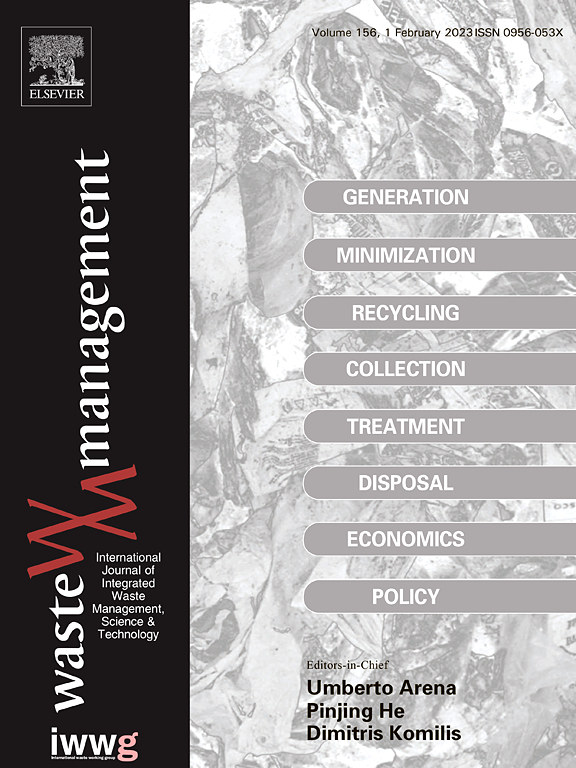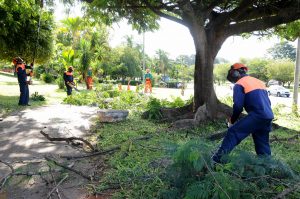The waste-to-energy (WTE) valorization pathway of Caryocar brasiliense (pequi) seeds was investigated via pyrolysis, gasification, and transesterification to understand its potential as biochar, syngas, and biodiesel. First, the pyrolysis (300–700 °C) was conducted in N2 atmosphere for pequi seeds (PS) and pequi seeds without its extractives (PSWE), characterizing its biochar properties. The PSWE was then gasified at 1000 °C under O2/N2, O2/CO2/N2 and O2/H2O/N2 atmospheres to evaluate the characteristics of the producer gas. The PS extractives were then transesterified and characterized for biodiesel production. Finally, a multiple-criteria decision analysis assessed the PS products’ potential within the thermochemical routes. The results evidenced better biochar (up to 22.29% HHV enhancement, higher mass and energy yield, up to 75.9 and 85.5% reduction of O/C and H/C, respectively, and enriched N content) via PSWE pyrolysis than PS considering biofuel application and optimistic perceptions for soil amendment. This indicates that the preceding extraction of vegetal fat from PS strengthens the WTE by including further processing of extracted oil. The produced syngas under O2/H2O/N2 gasification atmosphere showed better applicability as a biofuel (16.37 MJ·kg−1 lower heating value, 107.33% cold gas efficiency, and 113.55% carbon conversion efficiency) with up to 24% higher success rate. The transesterification of the extractives revealed its potential (98% conversion rate) for use as feedstock for in situ power generation, or blended for biodiesel production. The results provide insights into the circular economy in agro-extractivist communities that may support Brazil’s small and medium agro-food industries with their energy demands.



